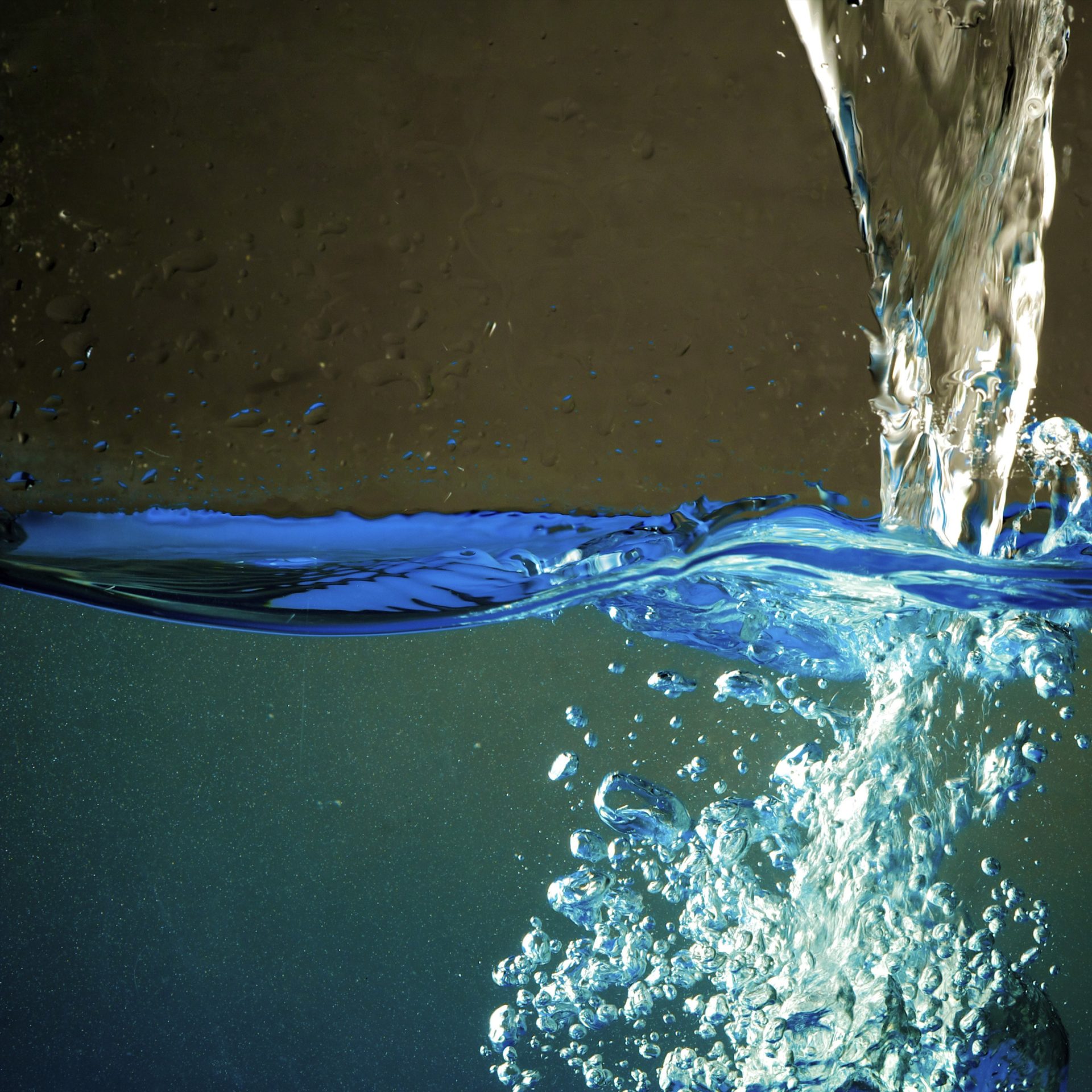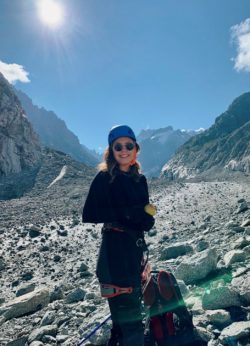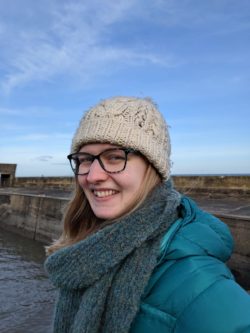SPRING Award Winners - August 2022

We are delighted to announce our SPRING award winners for August 2022.
The SPRING competition is a funding award which is part of water@leeds’ Mission 4: Next Generation – to train the next generation of water experts who will develop the knowledge, skills and interdisciplinary awareness to make a positive contribution to tackling water-related challenges. The award is open to all postgraduate research students whose research is related to water.
In this round of the biannual award, our funding support goes to three postgraduate researchers for their excellent applications which reflect the wide ranging international and interdisciplinary research taking place at water@leeds with global impact.
 Alex Scoffield, School of Geography
Alex Scoffield, School of Geography
PhD: Ice-contact lakes and their influence on Himlayan glacier evolution
Lead Supervisor: Professor Duncan Quincey
Glaciers in the Himalaya contribute freshwater for sanitation, hydropower and crop irrigation to almost 20% of the global population. Downstream communities which rely on these glacier-derived water resources are limited in their ability to adapt to a changing environment, which is compounded by uncertainty that accompanies current projections of future glacier evolution. For example, the influence of ice-contact glacial lakes, which can alter glacier flow and lead to greater rates of melt, are not currently represented in glacier evolution models owing to a lack of empirical data.
My PhD, aims to reduce this knowledge gap, by examining the influence of ice-contact glacial lakes on past and present glacier evolution in the Himalaya, using an integrated remote sensing, field-based and numerical modelling approach.
The Water at Leeds SPRING Award will enable the purchase of equipment - multiple submersible temperature data loggers, which will be deployed in the field and will therefore provide the means to acquire novel empirical data that describe the physical conditions of a Himalayan ice-contact glacial lake, which will subsequently be used to improve modelled projections of both frozen and liquid water resources more broadly across the Himalayan range.
Jessica Payne, School of Earth and Environment, SENSE CDT
PhD: Characterising Iran's rapidly subsiding regions using Earth Observation data
Lead Supervisor: Dr. John Elliott
More than half of the world’s major freshwater aquifers are being depleted. In arid regions in particular, few surface water stores mean groundwater is increasingly extracted for agricultural and industrial use. Where groundwater is extracted from compressible sediments, land surface subsidence may occur. Iran experiences some of the fastest groundwater-related subsidence in the world at over 100 mm/yr.
Traditionally, subsidence is measured using extensometers, levelling, or GNSS. However, these techniques provide geographically sparse measurements. In contrast, Interferometric Synthetic Aperture Radar (InSAR) provides both high spatial and temporal resolution measurements of land subsidence (minimum 6 days) without need for manual surveying.
My project aims to characterise the locations, extents, and rates of land subsidence across Iran using Earth Observation data including Sentinel-1 InSAR. Laser altimetry data and very high-resolution Digital Elevation Models constructed from stereo panchromatic imagery will be used to verify the InSAR subsidence rates. This stereo imagery is acquired by commercial Pléiades satellites. The water@leeds SPRING funding would be used to contribute to the purchase of two stereo images, separated in time, over one of the fastest subsiding regions in Iran.
Zhe Zhan, School of Civil Engineering
PhD title: The impact of flooding on onsite sanitation – new approaches to predict environmental contamination and health impacts
Lead Supervisor: Professor Barbara Evans
My PhD research asks the question, what is the extent of faecal contamination resulting from flooding of typical pit latrines and tanks in urban areas. To answer this I have established a set of Computational Fluid Dynamics (CFD) models to predict how typical toilets in slums perform under flood conditions, and I am at the stage of collecting primary data as the input for my models.
This water@leeds funding award will enable me to undertake field observations using a case study community in New Delhi. It will enable the measurements of the local pit latrines and septic tanks, which can be used to establish a CFD model. I will be able to carry out key informant interviews within the community and collaborate with the local NGO - CURE India, to identify the flood-prone and the most affected areas, and further determine the possible actions that can be led by CURE India to build the resilience of local onsite sanitation systems.
The next round of the SPRING award will run in Autumn 2022. Keep an eye on our website and twitter feed!


